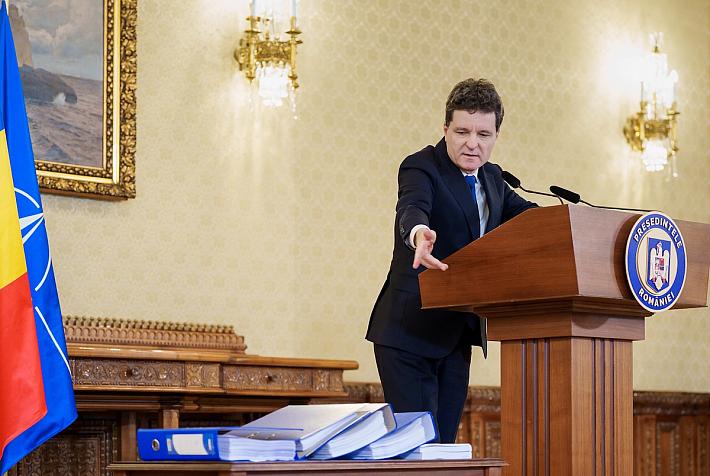EC issues new warning about fiscal slippage in Romania

The Romanian authorities have shown no intention to act upon the European Commission’s recommendation and lower its significant fiscal deviation, the EC said in a report prepared for the European Council to be considered when drafting individual country recommendations in the EcoFin scheduled on December 5.
However, the report might be subject to slight revision, after the change of Government in Bucharest. Since spring 2017, the EC and the EU Council have issued repeated recommendations for Romania to adjust its budget deficit in line with the Medium Term Objective (MTO).
In Romania’s case, the MTO provides reducing the structural deficit, which is the actual deficit measured under ESA terms corrected for the economic cycle, to 1% of GDP. However, Romania risks exceeding the 3%-of-GDP threshold this year, which would trigger the Excessive Deficit procedure, and the fiscal slippage is likely to continue.
“The authorities do not intend to act upon the significant deviation procedure recommendation. The representatives of the Ministry of Finance explained that the Government does not plan a structural adjustment in 2019 or 2020,” the EC surveillance mission to Romania concluded.
However, the political change in Romania on November 5 when a new government formed by the National Liberal Party (PNL) took office might require certain revision of the report prepared for the Council. The EC drafted the report on October 25, before the Government change.
The new finance minister Florin Citu has not expressed his view for future fiscal targets, but the new prime minister Ludovic Orban already stated that the pension and wage hikes promised by the former Government and voted by the Parliament would not be reversed. This will severely constrain the new Government’s room for manoeuvre in pursuing fiscal consolidation.
According to the official government estimates from the accompanying explanatory memorandum, the new Pension Law will increase government expenditure by 0.8% of GDP in 2019, 2.3% in 2020 and 4.9% in 2021, compared to the nominal level from 2018.
(Photo: Pixabay)
editor@romania-insider.com













